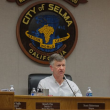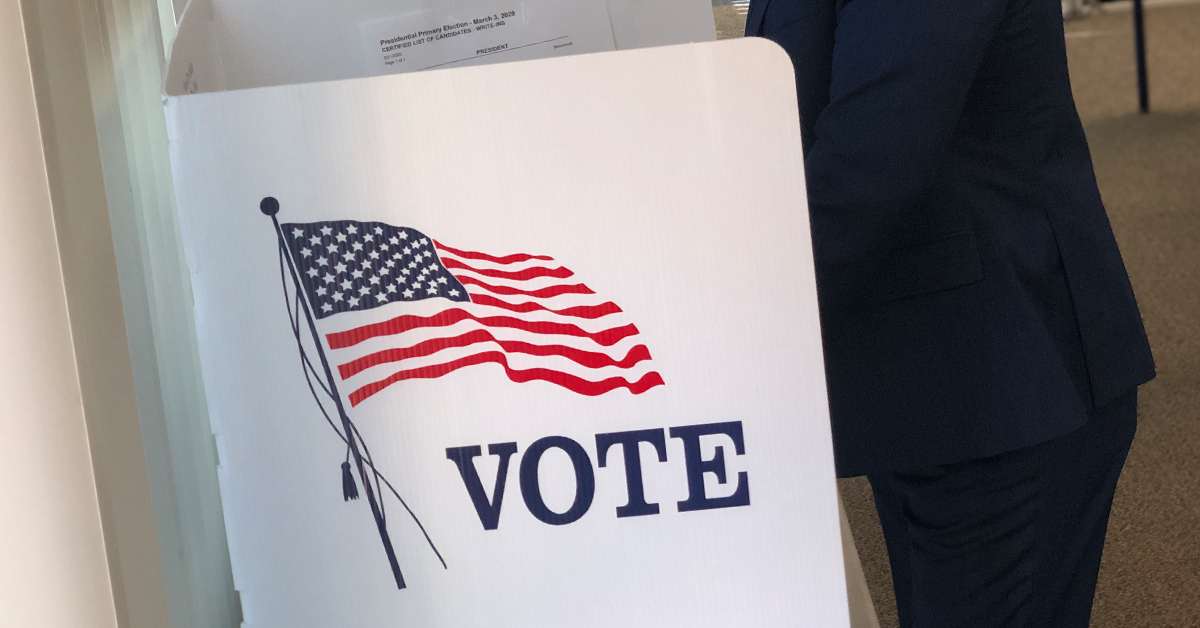Two San Joaquin Valley cities are voicing their opposition to a ballot initiative that would rein in the ability for local governments to raise taxes on residents.
Critics argue the well-intentioned bill has unintended consequences, namely creating loopholes for large corporations to avoid paying taxes while placing an increased financial burden on Californians.
In the span of two days this week, the Hanford and Madera City Councils unanimously passed resolutions opposing the Taxpayer Protection and Government Accountability Act, which could make its way on the November ballot with enough support via voter signatures.
Hanford and Madera are following direction from the League of California Cities, the top lobbying association for the state’s municipalities, which has recommended its members oppose the initiative.
The new initiative follows a 2018 measure called the Tax Fairness, Transparency and Accountability Act which was withdrawn before it made it to the November ballot.
The measure, which seeks to close a number of loopholes in how Sacramento and local municipalities have raised taxes on residents touches on a hot-button issue in the San Joaquin Valley: the threshold for voter-approved tax hikes.
The issue arose following the 2018 election when backers of Fresno’s 30-year parks tax contested the threshold needed to approve Measure P. City officials deemed the measure failed, as it did not receive two-thirds majority support from Fresno voters in November 2018.
A legal battle between Fresno Building Healthy Communities, backed by the Central Valley Community Foundation, and the City of Fresno ensued. Ultimately, an appellate decision from Fresno’s Fifth District Court of Appeals ruled that the threshold for voter-crafted tax measures was 50 percent plus one vote majority.
The proposed initiative would make all tax measures, crafted by local governments or electors, subject to a two-thirds majority vote by voters.
Hanford City Manager Mario Cifuentez said that the council probably agrees with 90 percent of the initiative, but the other 10 percent is “so egregious” that the League of California Cities is urging opposition.
“The belief now is there’s so many loopholes from the larger corporations that ultimately this will place a greater percentage of the tax burden on the local residents and taxpayers,” Cifuentez said.
According to the League of California Cities, the initiative would prohibit local advisory measures, meaning voters would not be able to provide direction on how local tax dollars should be spent.
Franchise fees would change, which could restrict the amount that corporations pay for the use of local public property.
New local taxes could only be placed on the ballot with a two-thirds vote from local government entities.
The league argues that the measure would make it more difficult for local voters to pass measures needed to fund local services and infrastructure.
“We have good practices when it comes to fiscal responsibility, and this really ties our hands with continuing on with those practices,” said Hanford City Councilwoman Kalish Morrow.
“Deceptively named, it’s cronyism at its best where corporations have got their hands in this, and it makes it easier and more cost effective for them to get a foot in the door.”











